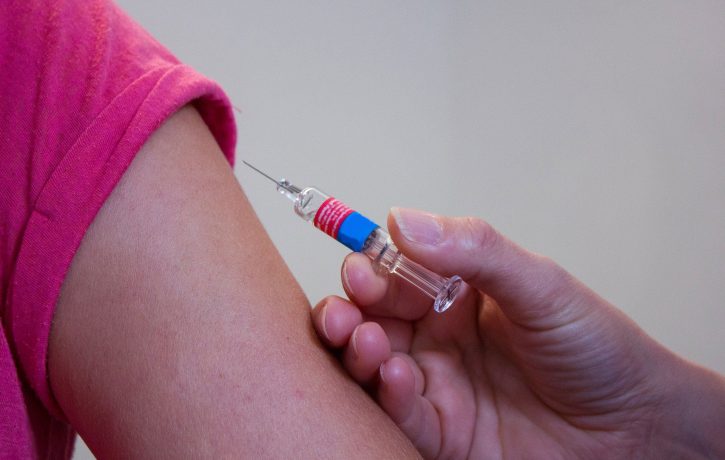COVID-19 and the Fear of Needles

The last twelve months have been dominated by the Covid-19 global pandemic. Although there have been aspects of lockdown that have been positive for people, for example, many people have appreciated a quieter, slower pace of life with less environmental pollution, on balance the experience has been highly negative for most.
People have lost loved ones, have suffered from Covid themselves and had to do without, or have delayed, NHS and complementary health treatments. People have had to physically isolate themselves from loved ones and lost their livelihoods. Thankfully it appears that there is now room for optimism that life will gradually return to something closer to what we think of as normal.
However, one issue that may dampen people’s optimism about the future is Trypanophobia or the extreme fear of needles and injections. Whilst few people find injections enjoyable, some people find them to be extremely unpleasant and difficult or impossible to manage. Clearly, this can be particularly distressing and upsetting for people unable to have a Covid-vaccine. Symptoms may include sweating, breathing rapidly, being dry-mouthed, trembling and feeling sick or faint.
There may be various reasons why a person develops Trypanophobia. It could have started with a particularly unpleasant or painful experience, perhaps during childhood, when a person understands less well what having an injection involves. It could begin with a parent or friend recounting the unpleasantness or pain of having an injection or observing it first-hand. It is also likely that in humanity’s past there has been an evolutionary advantage to having a fear of, and avoiding, cuts and punctures to the skin – which would have led to a greater degree of fatality than in the current day. In some cases, the origin of this fear is unknown.
From the perspective of shifting this issue, the actual origin of this problem may not be significant. Those suffering from Trypanophobia are in a pattern where thinking about needles and injections will elicit the unpleasant feelings and sensations described above. This is not a situation where self-talk is successful – as the negative thought has become ingrained like an instinct. Fortunately, therapy does allow these feelings to be altered, and because therapy is client-centred, a person can be helped to alter their pattern of feelings in a way that makes life better and easier. Given the choice of either staying as they are or being helped to shift their feelings in a way that makes life better and easier, the choice is an easy one to make.
To arrange a free 30-minute consultation to discuss how BWRT®, hypnotherapy or counselling can help you to change your life for the better, contact Jonathan at The Body Matters on 01702 714968.
- COVID-19 and the Fear of Needles - 22nd March 2021
- The Damaging Effects of the Pandemic - 1st March 2021
- What is Yangsheng? - 27th January 2021
